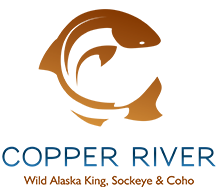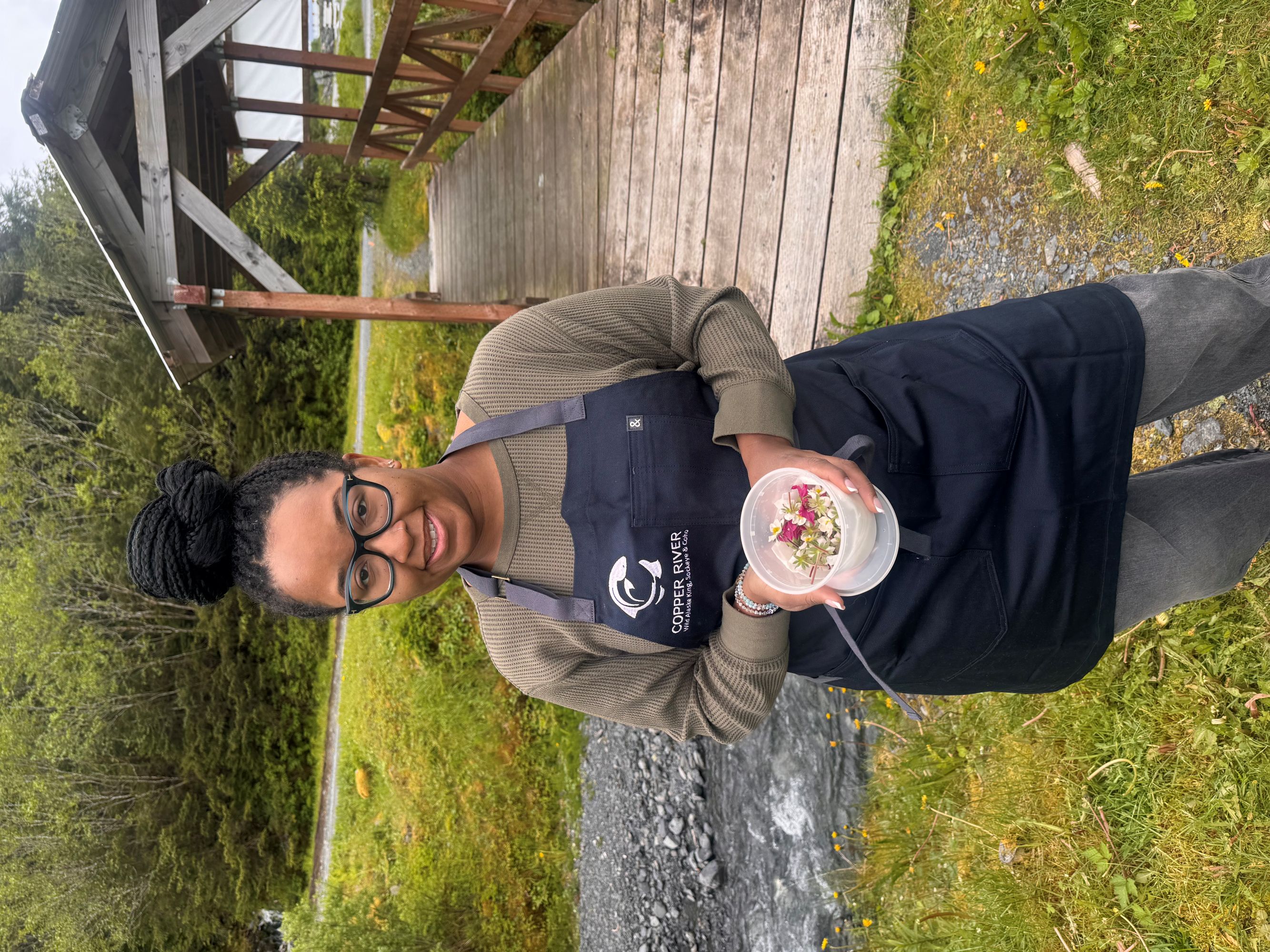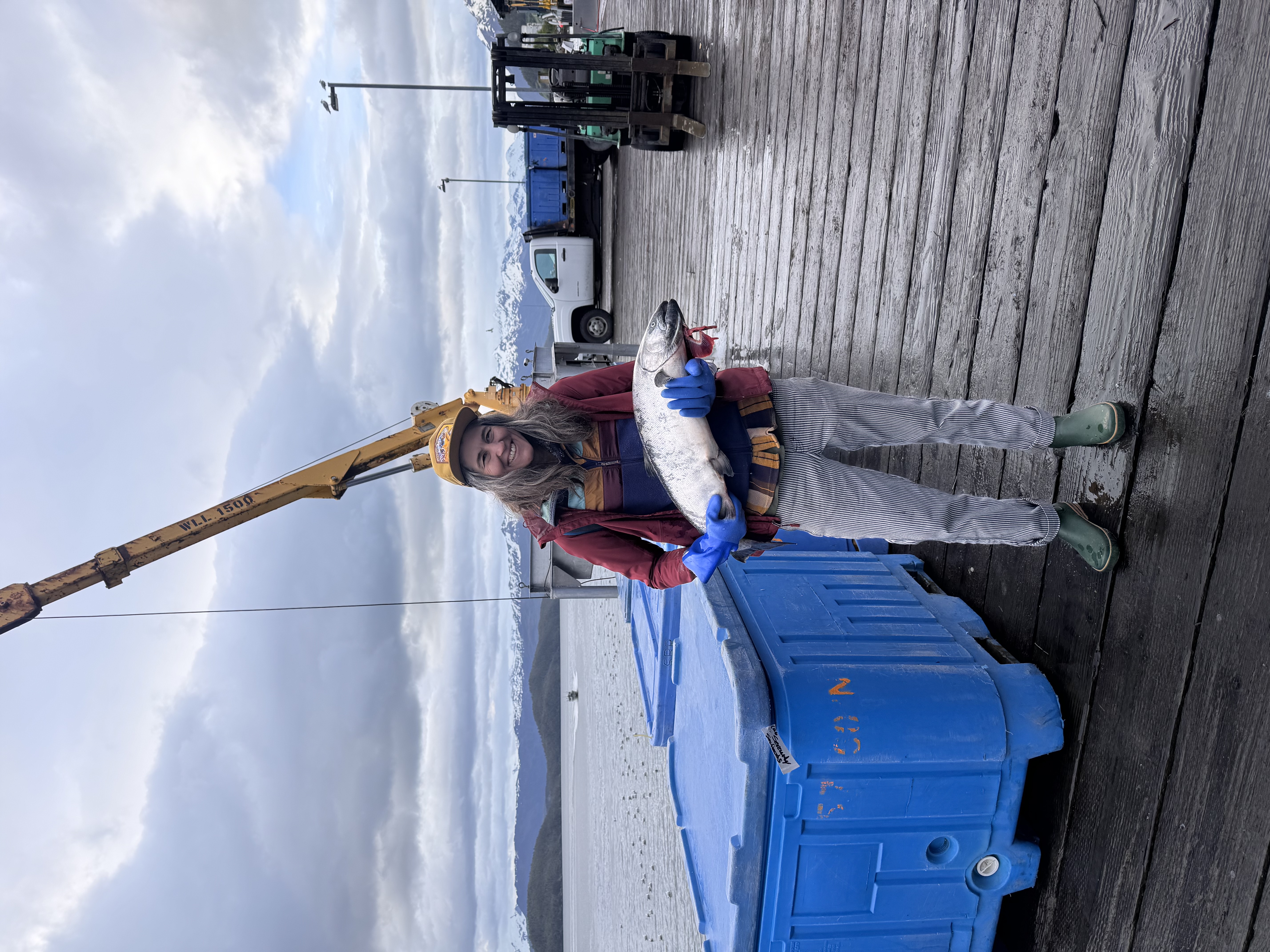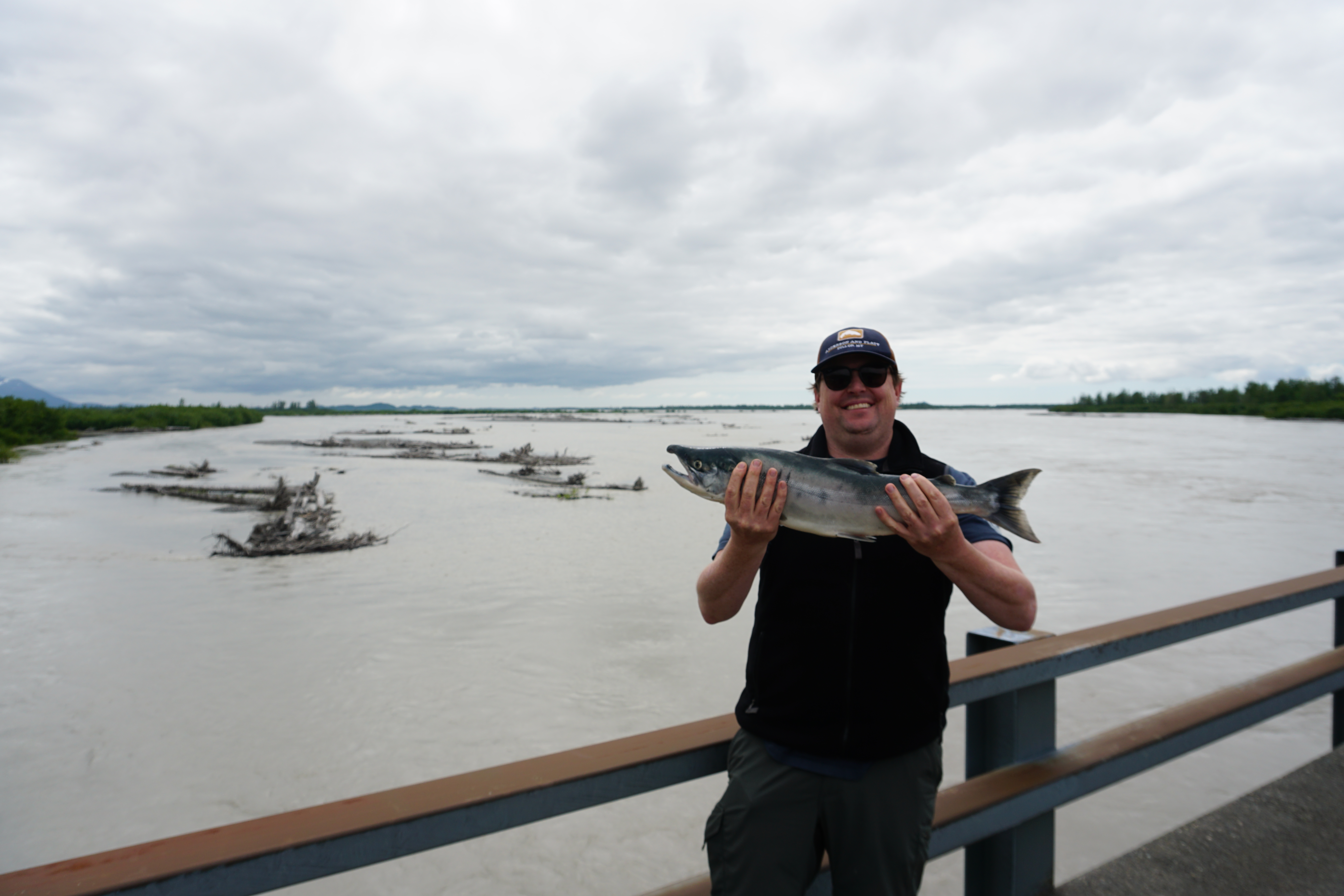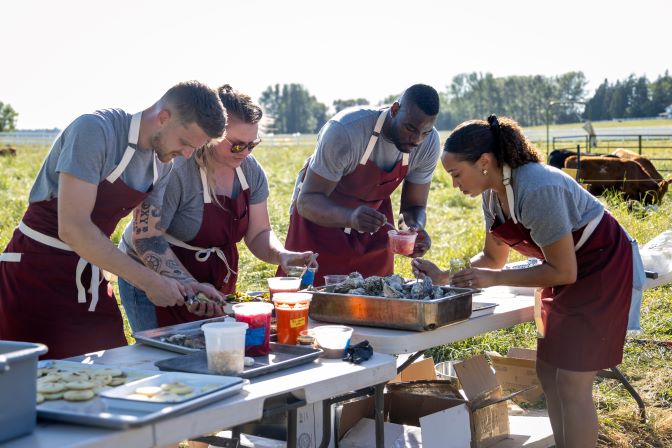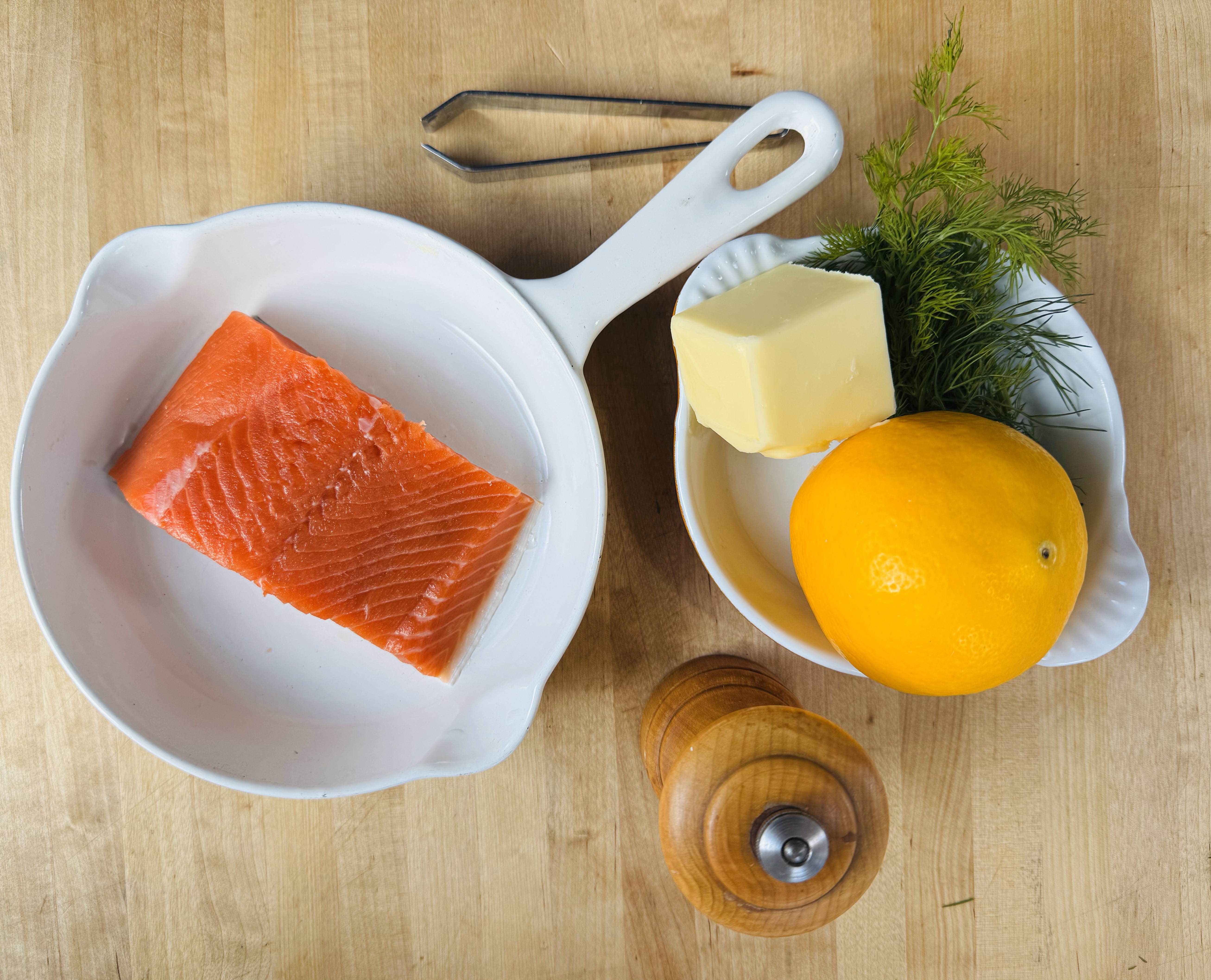By using our website, you agree to the use of cookies as described in our Cookie Policy
Meet Chef Sara Hauman
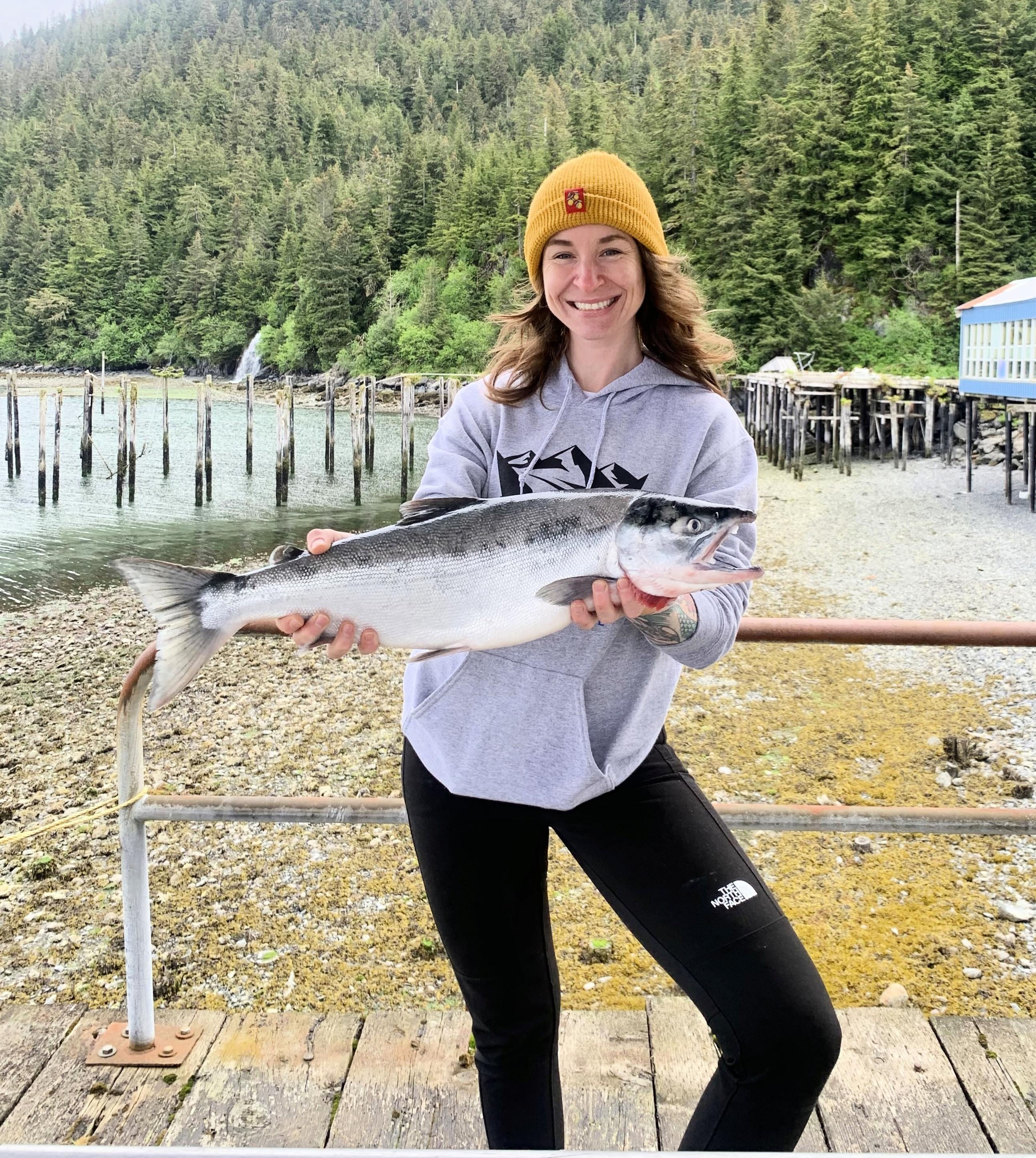
Sara Hauman, founder of Tiny Fish Co., has always had a deep love for food. Her time at Spain's renowned Asador Etxebarri reinforced her belief that sharing food is at the core of human connection.
Sara's adventurous spirit and diverse restaurant experience have shaped her unique approach to cooking. Embracing the idea of being the "tiny fish in a big pond," she infuses her offerings with creativity and boldness. With nearly two decades in the restaurant world, and accolades like James Beard nominations, Sara is committed to bringing the same sustainability and quality from her professional kitchen to the retail space.
We had the distinct honor of spending time with Sara during the 2024 Summer Salmon Camp in Cordova. From the moment she arrived, Sara was all in—her curiosity about every aspect of the fishing process was palpable. Whether it was getting her hands dirty on the docks or diving into conversations about sustainable practices, she approached each activity with a genuine sense of wonder and fascination that was totally contagious.
What stood out most was Sara’s eagerness to absorb every detail of the fisheries world. She asked questions that made us think deeper, pushing beyond the surface-level stuff and into the heart of why this work matters. Watching her engagement reaffirmed why she's such a standout in the culinary space—her passion for food goes beyond the kitchen and into the stories, communities, and ecosystems that make each meal meaningful. It was a privilege to have her with us, and her presence brought an extra layer of excitement to an already unforgettable week.
JJ: What is your relationship with salmon?
Sara: I’ve mostly been a salmon consumer professionally. If I’m going to buy salmon for myself, it's going to be for a special party or an event. Salmon is something that I consider a luxury ingredient and I’ve had the privilege of being around salmon in a professional environment for a long time, whether it be working in restaurants or doing private events. It's a big crowd pleaser and not a huge leap to put salmon on the menu.
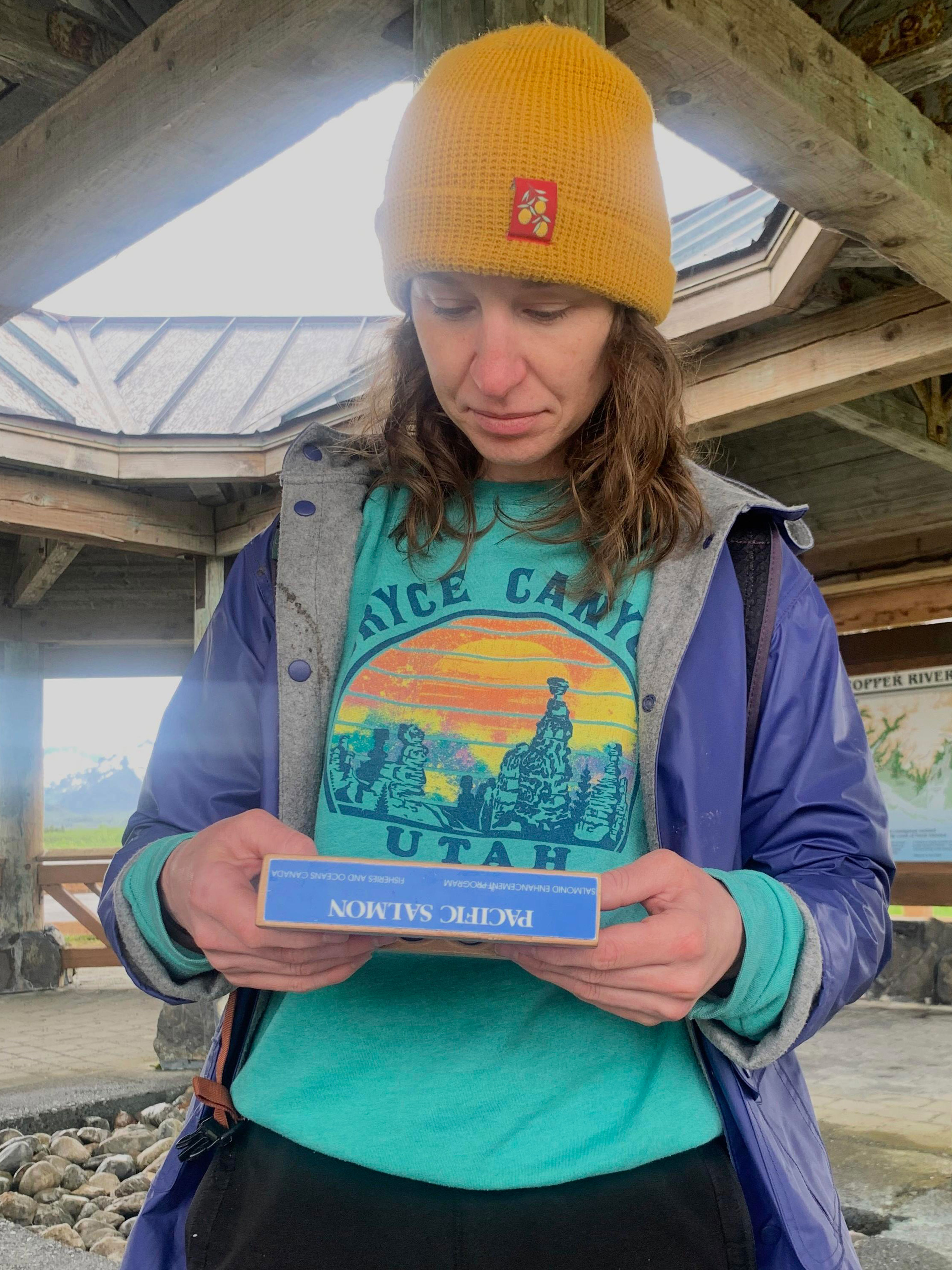
JJ: How has your trip to Cordova and to our fishery deepened your understanding of wild salmon?
Sara: For me it always comes down to the people in the community. I think that you can very visibly see that in Cordova–fish is life. The biggest plus from the trip was seeing how the fisheries management works because it’s something I think about with my canned fish company. For me it was ever important to see the people behind the scenes that rely on wild salmon. There’s a lot to be said about the fish itself, but it's also the people involved in the process because you need the people to go catch the fish and make it all work. It's all kind of a beautiful circle that not only preserves the salmon, but the longevity of the town to survive and the ability for people to make their livelihoods. One great thing I learned about wild salmon is that they use the resources that are naturally surrounding them to survive. Wild salmon that regenerate on their own is such an incredible life cycle to witness and learn about.
JJ: How do you source your salmon and what factors do you consider when selecting a supplier?
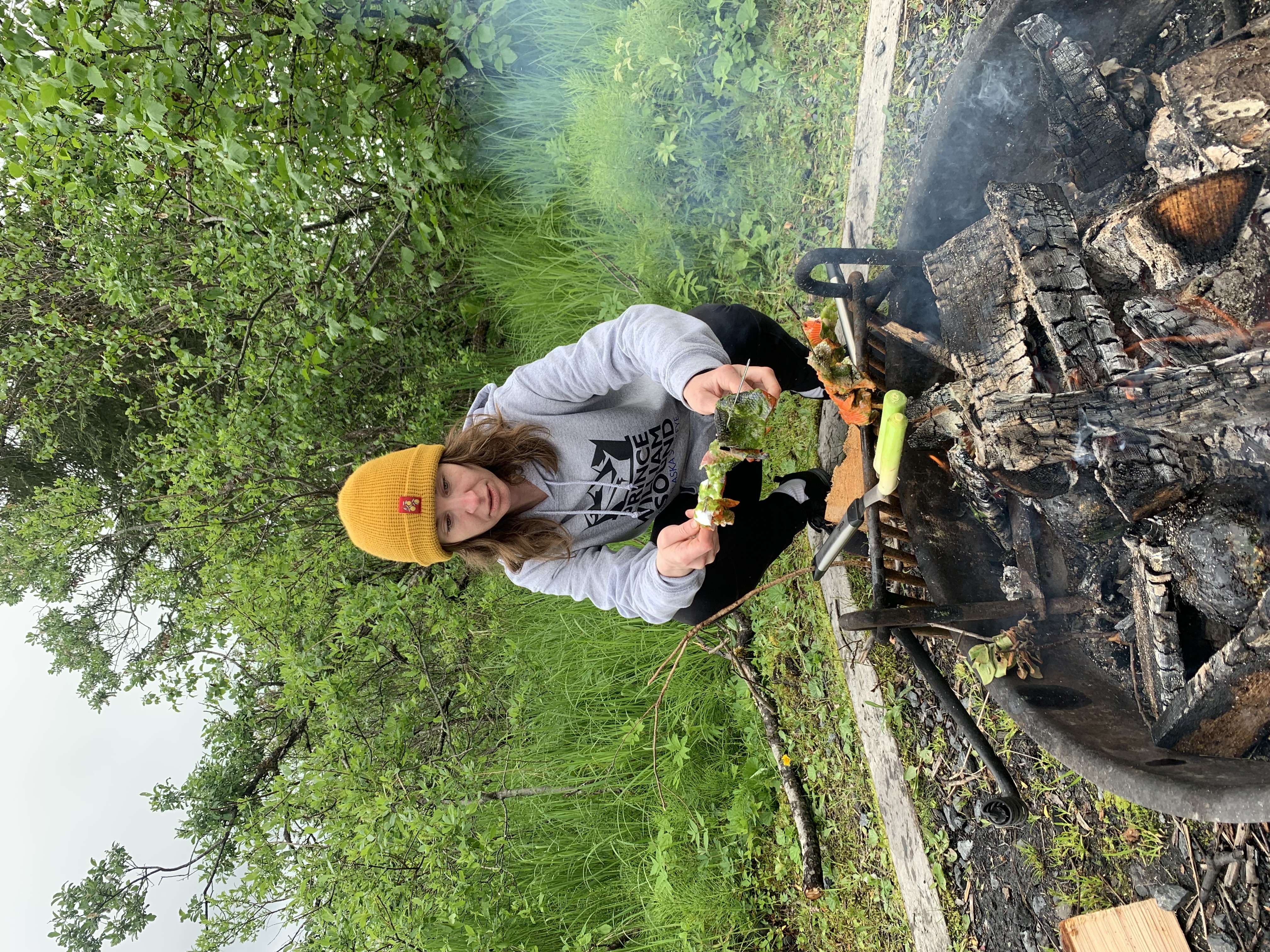
Sara: Since I try to support domestically harvested salmon as much as possible, I tend to go for the good stuff and am more selective. Locality is a huge thing for me. Being in the Pacific Northwest is a huge thing. For example, it makes sense to buy from places like Oregon or Alaska since it's a short journey to get to me. A good chef always aims to minimize the travel and handling of ingredients to ensure they reach your plate as fresh and full of potential as possible.
JJ: Can you describe the importance of understanding the sustainability practices and origins in the food you prepare?
Sara: I think there are a few reasons for wanting to know all these great things. Generally speaking, All the ingredients you can forage in the Pacific Northwest are going to pair beautifully with salmon, and it doesn't take a lot of work to make it a good meal. On the other side of the coin, having that connection to the food and being able to have a deeper understanding provides a deeper appreciation for it. For example, culinary school teaches you to use all the fish and know the origins of the food by using it to its highest potential. We should be treating salmon as a luxury because of all the work that goes into preserving and managing it. We need to pass this information on to future generations and work hard to protect what we have right now.
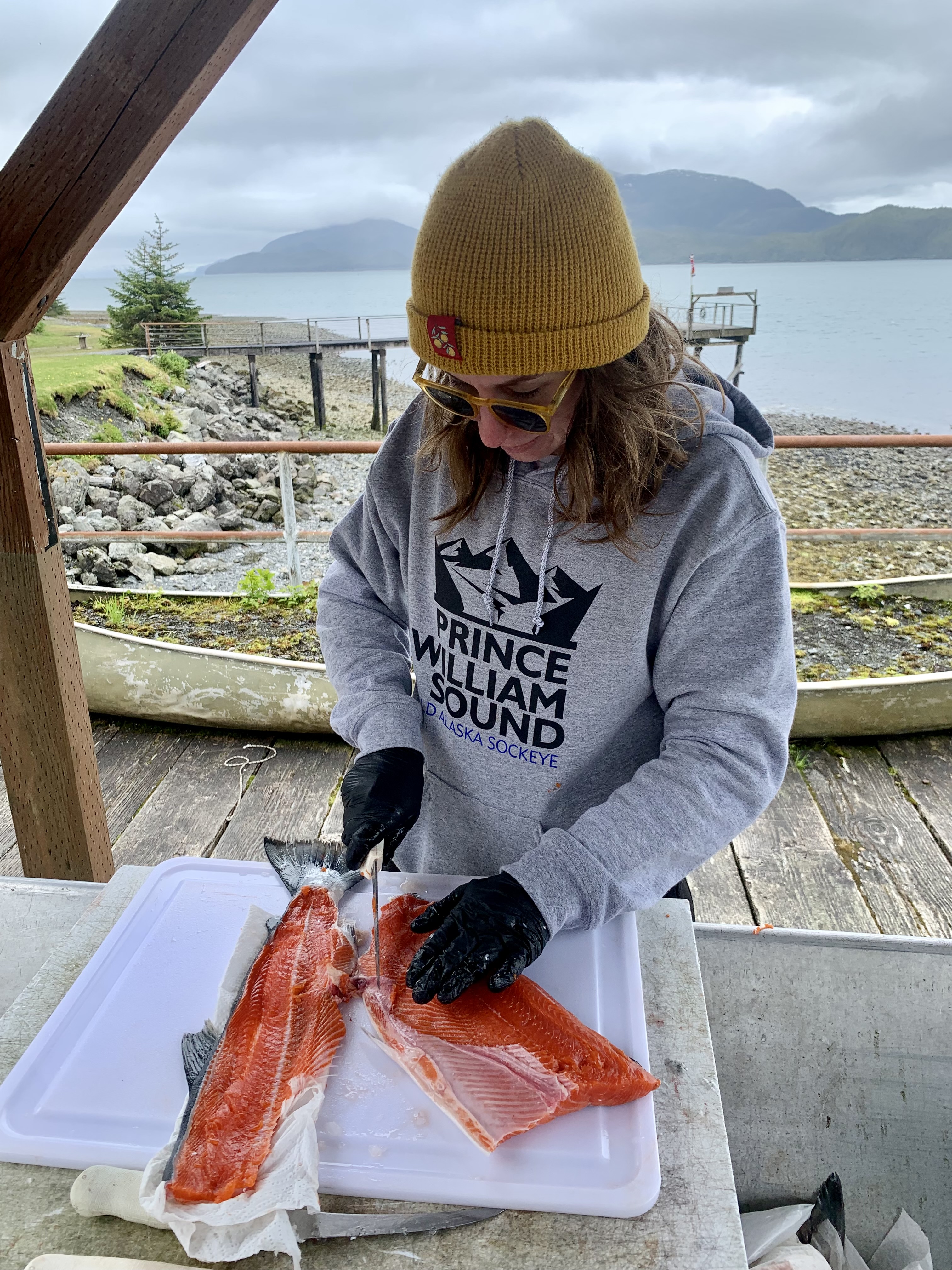
Other links:
Sarah in Cordova filleting a beautiful and wild Copper River Sockeye salmon.
‹ Back
